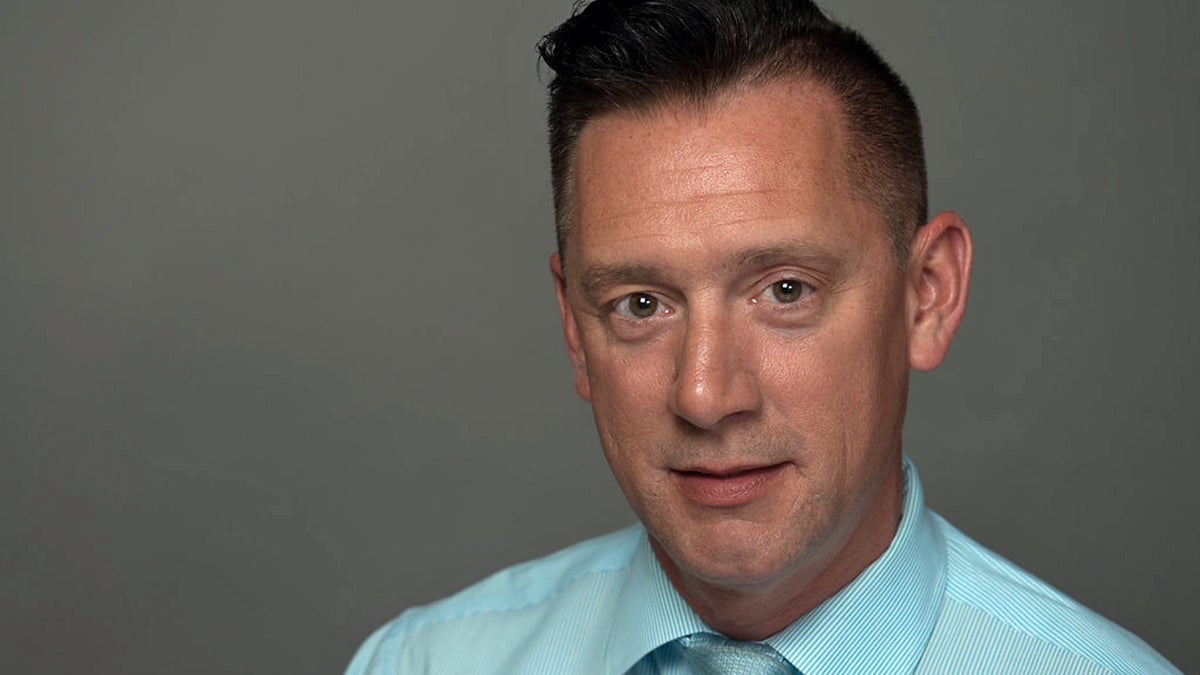Penn med students learning to look for subtler signs of child abuse

Rhett Hackett came to speak to the first-year med students (Photo provided)
First-year medical students at the University of Pennsylvania are learning how to spot the signs of child abuse, and learning directly from a patient who has endured it.
Doctors are legally required to notify authorities if they suspect a child is being abused. But for a long time, the topic wasn’t covered in medical schools.
“The recognition of child maltreatment, in specific in health care, has been only within the last 40 to 50 years, where it’s been in our literature. Yet we know child maltreatment has occurred since the dawn of time,” said Phil Scribano, who directs Safe Place, the Center for Child Protection and Health at the Children’s Hospital of Philadelphia.
Beyond looking for unexplained bruises and other obvious signs, Scribano teaches students to pay attention to chronic issues such as stomach problems or behavioral issues.
Rhett Hackett, who came to speak to the first-year med students, said he had bad stomach pains when he was sexually abused. He wonders if doctors had asked him the right questions, if they could have made a difference.
“I think if you had dove a little bit deeper and asked some of the questions that we discussed in here today — you know, is there ever a time that you don’t feel safe, is there somebody that is hurting you — those are starting to open up the door of opportunity where possibly I could have disclosed at that particular moment,” he said.
Instead, he was diagnosed with a prolonged stomach virus.
Med student Joy Obayemi said hearing Hackett’s story was powerful.
“I constantly was reflecting on what I would have done or what questions I could have asked, kind of preparing myself for being in that situation in the future,” she said. “I definitely was struck by how health care providers could have done better, and could have asked certain questions.”
Even with this training, there are real barriers to helping future doctors spot abuse, said Scribano. In a tech-focused health care system, he said, there’s no substitute for a good bedside manner to encourage patients to be more forthcoming.
WHYY is your source for fact-based, in-depth journalism and information. As a nonprofit organization, we rely on financial support from readers like you. Please give today.

